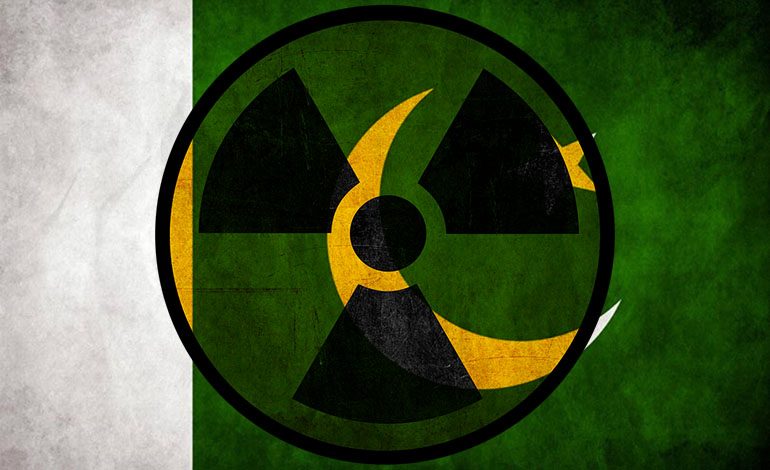Nuclear Suppliers Group consists of 48 nuclear supplier countries and it aims to restrict proliferation of nuclear weapons. NSG binds its members to implement two sets of Guidelines administering nuclear exports and nuclear-related exports. Any country desiring to become a part of NSG is required to meet certain standards while adhering to NSG guidelines otherwise the whole purpose of nuclear security is lost. NSG’s credibility, however, has been challenged recently and it seems that NSG membership is based more on favoritism than anything else especially in the case of India. It seems that US’s new found love for India knows no bound which is why America has made so many exceptions for India’s NSG membership while overlooking Pakistan’s NSG bid despite its merits. This love affair first started effecting NSG when On 6 September 2008, at an NSG meeting in Vienna India was granted a waiver from the NSG guidelines that require comprehensive international safeguards as a condition of nuclear trade. It is of great importance to note here that NSG came into being after India conducted its nuclear tests and it is now India’s membership that is being favored despite India’s unsafe nuclear program. Moving forward, commitments that India made in 2008 have yet to be fulfilled. These include the identification and separation of civil nuclear facilities from military nuclear facilities systematic phased manner, placing of civilian facilities under IAEA safeguards voluntarily, conclude IAEA Additional Protocol (AP); continue unilateral cessation on nuclear testing, working alongside U.S. for reaching consensus on Fissile Material Cut off Treaty (FMCT), ensure that technologies for enrichment and reprocessing (ENR) are not transferred to states that don’t have them, securing nuclear material and technology through a detailed export control legislation and adhering to guidelines of Missile Technology Control Regime (MTCR) and that of NSG. Furthermore, repercussions granting NSG membership to India will result in enhancement of its nuclear program facilitated by nuclear trade; Indian nuclear facilities are based on three aspects namely safeguarded civilian, unsafeguarded military and unsafeguarded civilian facilities which are contradiction with the NSG Guidelines of 2011 as a result this will mean reactive grade plutonium will be traded outside safeguards and can be used for making weapons. Also, India has yet to provide a date for stopping nuclear weapons production which was part of India-U.S. nuclear cooperation. Lastly the exemptions provided to India could have implications which would be detrimental to the spirit of NPT and IAEA safeguards. On the other hand, Pakistan’s case is being ignored despite the merits. For instance, Pakistan is fully capable of providing nuclear fuel cycle services under IAEA safeguards and is eligible for participation any fuel cycle assurance mechanism on a non-discriminatory.Pakistan has the ability and is capable of supplying nuclear items as per NSG guidelines. Also Pakistan has safely operated its nuclear power plants for more than 42 years’ adhering to International Atomic Energy Agency (IAEA) safeguards.Understanding the seriousness of nuclear security Pakistan has set exceptional standards for nuclear security as a result Pakistan’s Centre Excellence for Nuclear Security (PCENS) is serving as the hub for regional and international training on nuclear security, in partnership with the IAEA. This is, however, not all in terms of knowledge that Pakistan has to offer. Pakistan has been independently operating Karachi Nuclear Power Plant (KANUPP-1) since 1974 and will be willing to share its expertise in that regard. Apart from power generation Pakistan has made tremendous developments in terms of nuclear agricultural applications and nuclear medicine among others. In addition Pakistan can contribute immensely in terms of research as it already delivering that role as an associate member of CERN. Lastly, Pakistan maintains a comprehensive export control regime with laws at par with the standards followed by the NSG, the Missile Technology Regime (MTCR), the Wassenar Arrangement (WA) and the Australia Group (AG). It seems strange that despite all these merits Pakistan’s membership for NSG is being ignored while India is being considered a worthy candidate regardless of the security threat it possess as highlighted by the recent developments in Thane India where a uranium snuggling cartel was exposed.


